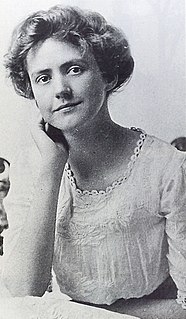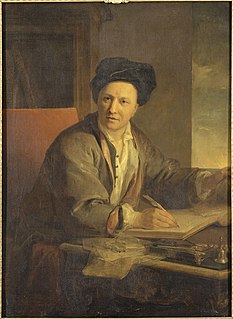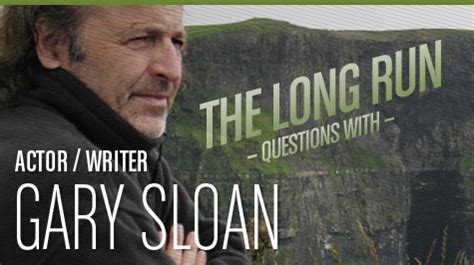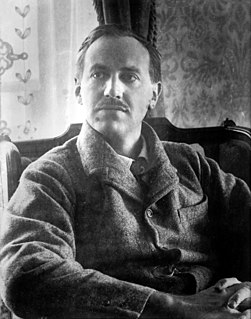A Quote by Susan Glaspell
A clock is a little machine that shuts us out from the wonder of time.
Related Quotes
The huge round lunar clock was a gristmill. Shake down all the grains of Time—the big grains of centuries, and the small grains of years, and the tiny grains of hours and minutes—and the clock pulverized them, slid Time silently out in all directions in a fine pollen, carried by cold winds to blanket the town like dust, everywhere. Spores from that clock lodged in your flesh to wrinkle it, to grow bones to monstrous size, to burst feet from shoes like turnips. Oh, how that great machine…dispensed Time in blowing weathers.
No! Not for a second! I immediately began to think how this could have happened. And I realized that the clock was old and was always breaking. That the clock probably stopped some time before and the nurse coming in to the room to record the time of death would have looked at the clock and jotted down the time from that. I never made any supernatural connection, not even for a second. I just wanted to figure out how it happened.
There is usually a clock in our heads regarding decisions we make and the course of our lives. Sometimes this clock is helpful in that it get us to move rather than put off key actions. Other times, it creates us false sense of urgency that can cause us to overreact, lost patience and make poor decisions. In raising this issue in my book, I want people to be aware of the clock in their heads and question whether that clock is helping or hindering the quality of each particular decision.
Our struggle to put first things first can be characterized by the contrast between two powerful tools that direct us: the clock and the compass. The clock represents our commitments, appointments, schedules, goals, activities - what we do with, and how we manage our time. The compass represents our vision, values, principles, mission, conscience, direction - what we feel is important and how we lead our lives. In an effort to close the gap between the clock and the compass in our lives, many of us turn to the field of "time management."
You really have so little choice - so little to decide. You get put through the machine and it chops you up and spits you out. Your life, it's all mechanical, of the machine, until you have free will. You can't be accepted into the Work until you have matured -- freed yourself and take responsibility for your life, become accountable for your every action. It's not just from coming to a school. It's an active process - you have to take the responsibility for yourself. When you're trapped in the machine, it doesn't matter what you do.
And little he knew of the things that ink may do, how it can mark a dead man's thought for the wonder of later years, and tell of happening that are gone clean away, and be a voice for us out of the dark of time, and save many a fragile thing from the pounding of heavy ages; or carry to us, over the rolling centuries, even a song from lips long dead on forgotten hills.







































